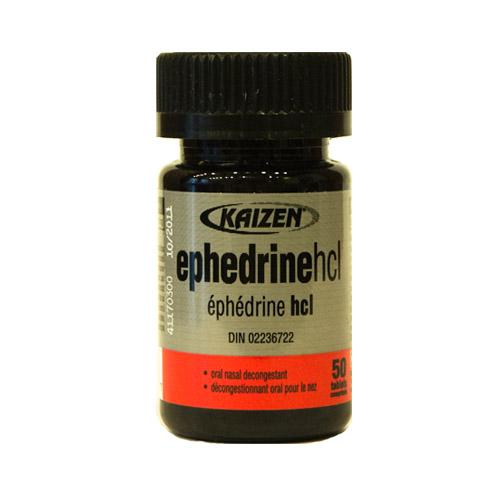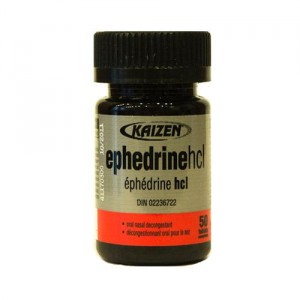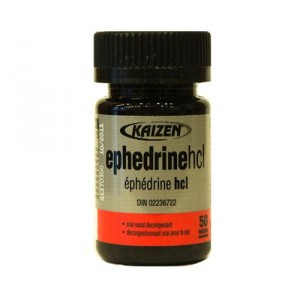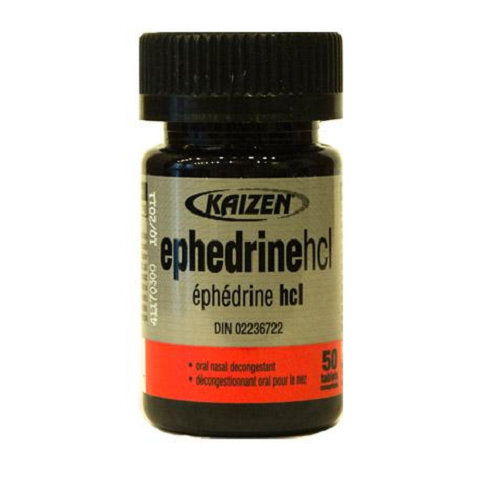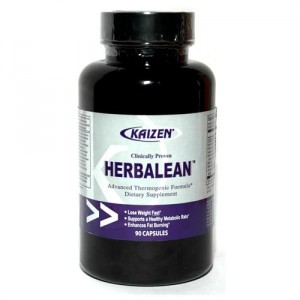In the world of weight loss supplements, few names resonate quite like pure ephedrine pills UK. Known for their potent effects on metabolism and energy levels, these pills have garnered significant attention, especially in the United Kingdom. But before diving into the realm of ephedrine, it’s crucial to understand what it is, its legality, and its potential benefits and risks.
What is Ephedrine?
Ephedrine is a natural stimulant derived from the Ephedra silica plant, also known as ma hyang. For centuries, it has been used in traditional Chinese medicine to treat respiratory conditions like asthma and bronchitis. However, its stimulant properties have also made it popular in the realm of weight loss and sports performance enhancement.
Legality in the UK:
In the United Kingdom, ephedrine is classified as a prescription-only medication due to its potential for misuse and abuse. Therefore, pure ephedrine pills are not available over the counter and can only be obtained with a valid prescription from a licensed healthcare professional. This regulation aims to mitigate the risks associated with ephedrine, including its potential for cardiovascular side effects and addiction.
Benefits of Pure Ephedrine Pills:
When used responsibly and under medical supervision, pure ephedrine pills may offer several potential benefits for weight loss and athletic performance. Ephedrine works primarily by stimulating the release of adrenaline, which increases heart rate and metabolic rate, leading to enhanced calorie burning and fat loss. Additionally, ephedrine may also suppress appetite, making it easier for individuals to adhere to a calorie-restricted diet.
However, it’s essential to note that the effectiveness of ephedrine for weight loss may diminish over time as the body develops tolerance to its effects. Therefore, it’s typically recommended for short-term use as part of a comprehensive weight loss program that includes diet and exercise.
Risks and Side Effects:
While ephedrine can be effective for weight loss, it’s not without risks. The stimulant properties of ephedrine can increase blood pressure and heart rate, potentially leading to cardiovascular complications such as heart palpitations, arrhythmias, and even heart attacks in susceptible individuals. Moreover, ephedrine abuse can also result in psychological dependence and withdrawal symptoms upon discontinuation.
Due to these risks, it’s crucial to use pure ephedrine pills cautiously and under medical supervision. Individuals with pre-existing cardiovascular conditions, such as hypertension or heart disease, should avoid ephedrine altogether. Additionally, pregnant and breastfeeding women, as well as individuals with a history of substance abuse or eating disorders, should refrain from using ephedrine due to potential adverse effects on themselves and their unborn or nursing child.
Conclusion:
In conclusion, pure ephedrine pills can be a powerful tool for weight loss and athletic performance enhancement when used responsibly and under medical supervision. However, their legality and potential risks make them a controversial subject in the United Kingdom and worldwide. Before considering ephedrine supplementation, individuals should consult with a healthcare professional to assess their suitability and discuss potential alternatives.

